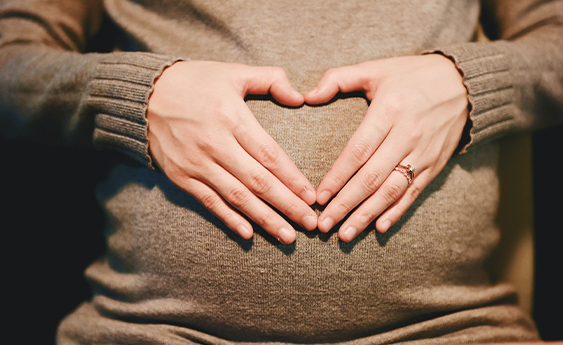TREND NEWS CENTER
"physical activity and sleep time decrease during pregnancy, there is a risk of premature birth"
Studies have shown that physical activity and reduced
sleep time during pregnancy are associated with the risk of premature birth.
EurekAlert, a scientific news site of the American
Association for the Advancement of Science (AAAS), reported on the 8th that a
research team led by Professor Nima Agehadeppur, a pediatrician at Stanford
University, collected and analyzed data on the physical activity and sleep of 183
pregnant women with a research team at the University of Washington.
The research team asked them to wear physical activity measurement devices similar to smart watches from three months of pregnancy to childbirth, and tracked physical activity and light exposure.
In addition, electronic medical records on high blood
pressure, diabetes, heart disease, depression, pregnancy complications
(autobiosis, infection, etc.) and childbirth were also referenced.
The research team developed a machine learning model
using data on physical activity and light exposure during pregnancy. This
machine learning model showed patterns of changes in sleep and physical
activity during pregnancy.
In general, as pregnancy progresses, physical activity decreases and sleep disorders worsen.
This seems natural, but surprisingly, it turns out
that this can predict the risk of premature birth.
Compared to the pregnancy stage, women who sleep well and have a lot of physical activity showed a 48% lower risk of premature birth.
On the contrary, women with poor sleep and low physical activity compared to the pregnancy stage had a 44% higher preterm birth rate than women with constant sleep and physical activity patterns.
If so, it will be necessary to study whether changing sleep or physical activity patterns during pregnancy can reduce the risk of premature birth, the team said.
As the body’s 24-hour biorhythm also regulates other
physiological pathways, such as inflammation and immune responses, it is
necessary to find out whether improving sleep and physical activity during
pregnancy can affect these pathways, the research team pointed out.
Premature birth refers to the case of giving birth more than three weeks earlier than maturity.
Risk factors for preterm birth vary, including inflammation, changes in certain immune systems, stress, and premature birth history, but prediction of preterm birth is still not easy.
It was published in the online edition of the British
scientific journal Nature’s partner journal ’Npi Digital Medicine."
Source:연합뉴스
